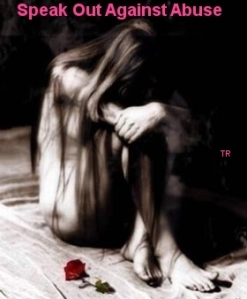
By Dr. Ned Hallowell
Forgiveness is much stronger, not to mention much wiser, than vengeance or retribution, and it begets the best kind of justice. Forgiveness is not a sweet old lady but a strong, seasoned veteran of many wars. Forgiveness bears a greater burden than vengeance ever could. Vengeance lets hatred rule you. Forgiveness overrules hatred. Forgiveness is not only stronger; it is much more clever and wise than vengeance or retribution. Forgiveness takes intelligence, discipline, imagination and persistence, as well as a special psychological strength, something athletes call mental toughness and warriors call courage.
If you look back at the definition of forgiveness, you can see why so much more is required of a person to forgive than to take revenge. When you forgive, you renounce anger and resentment. You give up your claim to anger and resentment. You disown those feelings, you repudiate them, you turn your back on them. Above all, you cease to live under their rule. You are consciously, deliberately renouncing your claim to what you probably want more than anything in the world: retribution, vengeance, a chance to get even. Doing this takes immense courage and strength.
But forgiveness does not require that you cease to feel the anger and resentment you so naturally experience. Not at all.
This crucial distinction is what makes forgiveness humanly possible, albeit still strange and difficult.
What does it mean to give up your title to anger and resentment or to refuse to live under their rule? It means that you set yourself free from those feelings. You no longer let those feelings own you; you disown them. When you feel the yoke of hatred start to take you in its grip, you step out. You lift it off. You renounce it. You put on the yoke of love, instead.
When you’ve been hurt, why on earth would you do this? In order to improve your own life. As Joanna North, a philosopher and renowned expert on forgiveness, put it: “What is annulled in the act of forgiveness is not the crime itself but the distorting effect that this wrong has upon one’s relations with the wrongdoer and perhaps with others.”
Throughout her writing, North emphasizes how forgiving (or accepting forgiveness) makes people healthier and happier. As she says, “Through forgiveness the pain and hurt caused by the original wrong are released, or at least they are not allowed to mar the whole of one’s being for all time”












Leave a comment